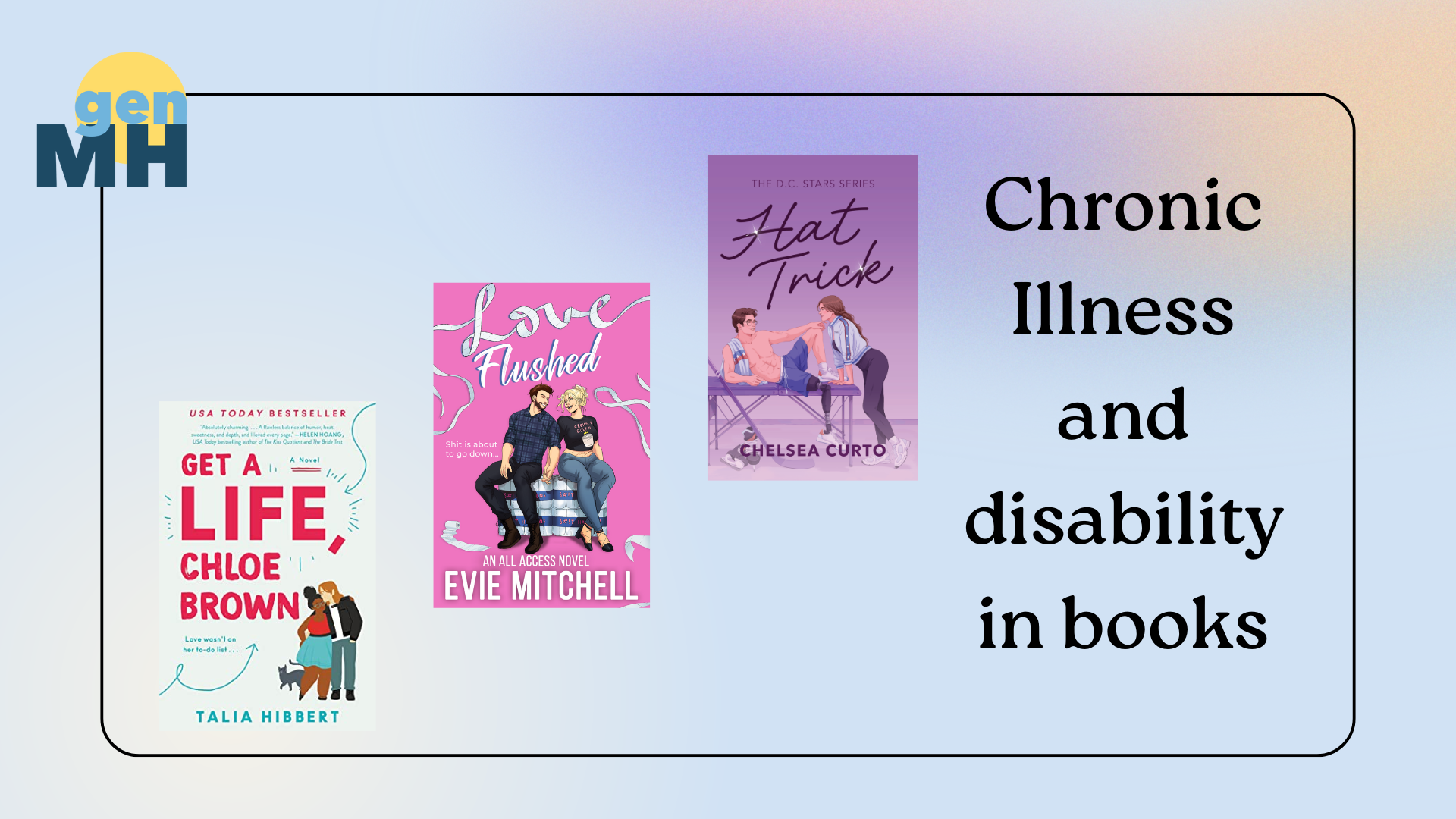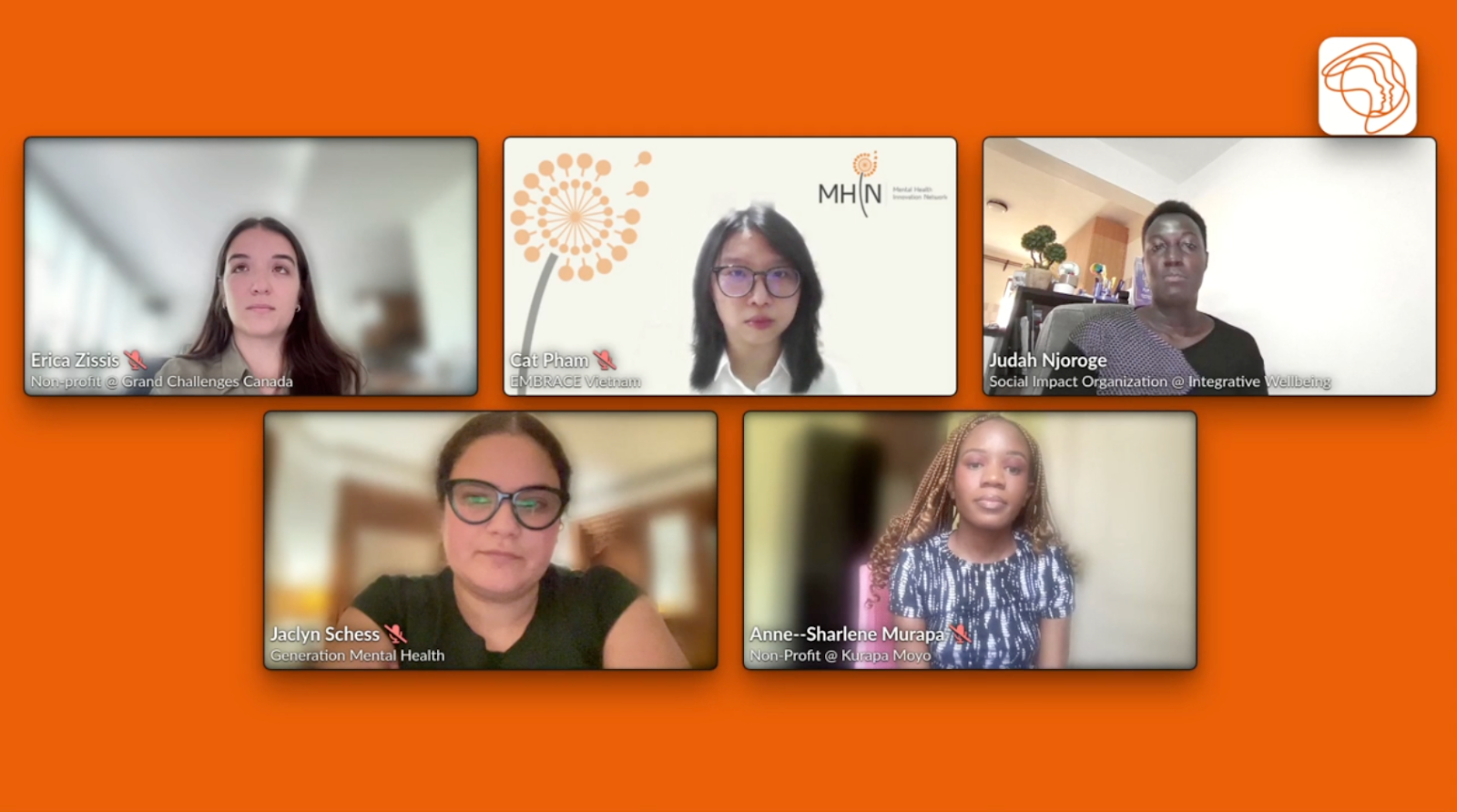On 30th September 2024, Generation Mental Health hosted a powerful webinar on suicide awareness and prevention, bringing together twenty participants with unique perspectives on mental health.
The session, though intimate, resonated deeply, offering participants a space to discuss the critical role of media in shaping public perception of suicide, and how narratives of hope and recovery can drive change. It was an event that highlighted the importance of dialogue, community, and the responsibility we all share in promoting mental well-being.
Tanmoy emphasised that media organisations have a profound responsibility to shift this narrative. By focusing on stories of survival, resilience, and preventive actions, rather than just reporting the tragic losses, the media can foster hope and reduce stigma. Western media’s portrayal of mental health often sidelines issues prevalent in low- and middle-income countries, perpetuating a cycle of overmedicalization without addressing the social contexts that drive these struggles. This call for more localised, sensitive reporting struck a chord with the participants, reinforcing the need for media to become a vehicle for positive change.
But there was also hope in his words. He spoke of recent successful campaigns in India, where factual, responsible reporting on suicide has shifted the public conversation, helping people understand that suicide is preventable. It is these positive, constructive stories that we need to amplify, Tanmoy urged, and as communities, we must hold the media accountable for harmful reporting while celebrating their progress.
John’s presentation on using suicide recovery stories as a tool for advocacy provided a profoundly humanizing element to the webinar. He spoke to the power of storytelling – how sharing one's journey through despair, recovery, and healing can inspire others, foster understanding, and drive societal change. This idea of hope and resilience contrasted the often tragic portrayal of suicide in the media, offering a more balanced and empowering narrative.
John’s insights were particularly moving for those in attendance. He reminded us that sharing these stories is not just about advocacy, but about creating a sense of belonging and hope for others who may feel isolated in their struggles. His words underscored the value of using lived experience as a beacon of hope and a tool for collective healing.
Perhaps the most heartwarming aspect of the webinar was the sense of community it fostered. Attendees were not just passive listeners; they were active participants, offering insights, asking thoughtful questions, and sharing feedback. Together, we explored how communities can work to promote constructive messages in the media. By giving feedback to news outlets, we can collectively ensure that mental health is reported with the care and dignity it deserves.
It was an event that left us with hope – hope for better media representation, for stronger communities, and for more inclusive conversations around mental health. The suicide prevention webinar was a powerful reminder that together, we can change the narrative.




